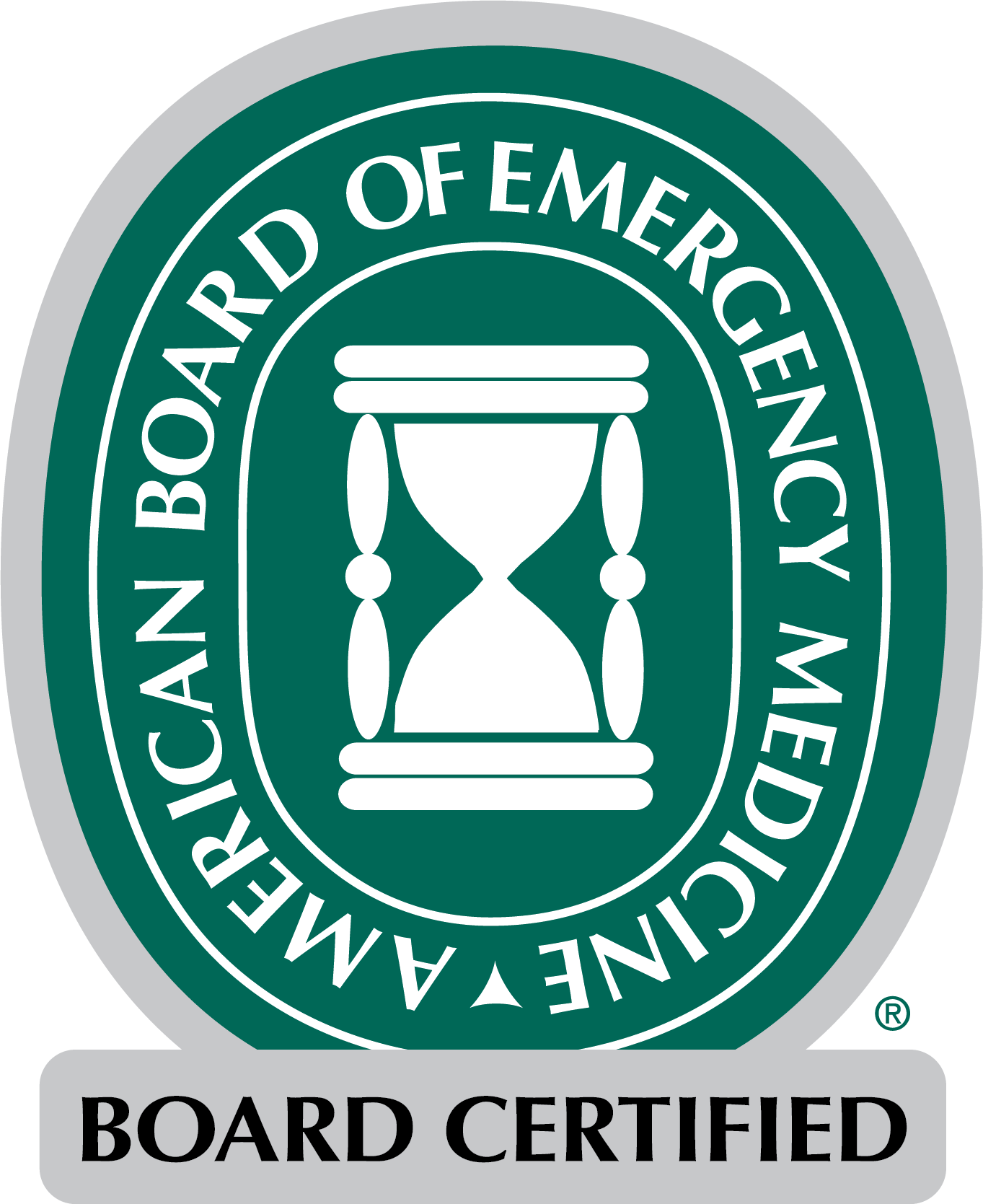
Flu season is upon us and according to the CDC, the most common virus circulating this season is influenza B. This is the first time in nearly a decade that this strain has been the most prevalent. While influenza B is less common than influenza A, it mutates two to three times more slowly than its counterpart. This makes it more difficult to develop a vaccine that is effective against all strains.
Symptoms of influenza B are similar to those of influenza A and include fever, chills, sore throat, coughing, runny nose, sneezing, fatigue, muscle aches and body aches. Early detection of an influenza infection is key to preventing serious complications. If you experience any of these symptoms, be sure to see a medical professional as soon as possible.
NasonCare Primary and Urgent Care provide excellent care for all types of infections, including influenza. Our qualified staff can help you determine the best course of treatment and help you recover as quickly as possible.
In addition to seeking medical attention, it is important to take preventative measures to help reduce the spread of influenza B. These measures include washing your hands frequently, covering your mouth and nose when coughing or sneezing, avoiding close contact with people who are sick, and staying home if you are feeling unwell. If you do get sick with influenza B, rest and hydration are important for recovery. Over-the-counter medications can help relieve symptoms such as fever, pain, and congestion. However, antibiotics are not effective against viral infections like influenza.
In summary, influenza B is the most common virus circulating this flu season and can cause similar symptoms to influenza A. If you experience any symptoms, seek medical attention promptly and take preventative measures to reduce the spread of the virus. NasonCare is available to provide expert care and treatment for influenza infections.




